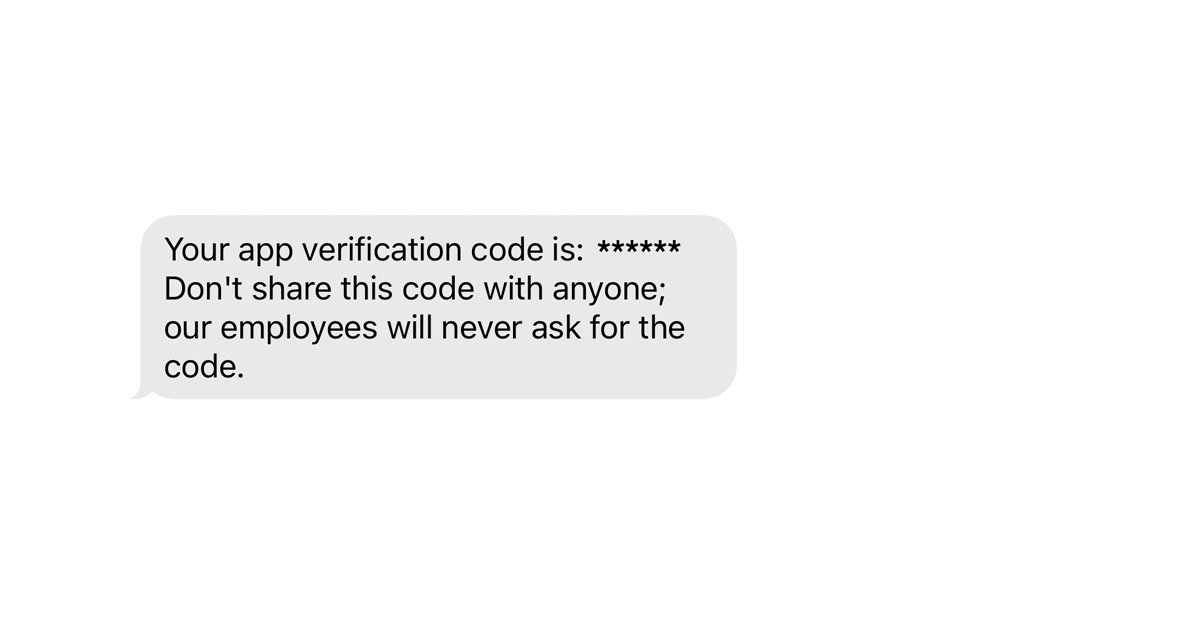Fake accounts cost businesses millions of dollars annually, whether in upkeep costs or those incurred by fraud or cyberattacks. And businesses globally recognize this issue.
In fact, an overwhelming 82% of businesses have said that this is a problem.
While this is true, it’s important to note that 54% say a phone number is enough to stop fraudulent registrations. That’s where the line has to be drawn.
In recent years, we’ve seen the rise of phone verified account services or PVA services that enable fraudulent actors to create fake accounts despite SMS OTP verification.
The good news is this can be prevented. Before delving into the details of prevention, let’s start by explaining how SMS PVA fraud works and what its implications are.
Using SMS PVA Services for Fake Accounts: How It Works
SMS PVA services are hosted by numerous websites online that give users access to fake phone numbers that they can then use to verify during registration.
1) The users visits one of the websites, and chooses the app they want to register on
2) The program generates a phone number that the user inputs
3) The user receives the OTP
4) Successful registration!
And thus, companies end up with thousands of fake accounts in their user base, many of which are controlled by malicious actors aiming to commit fraud.
How Fake SMS PVA Accounts Significantly Increase Cyber Attack Surface
Untraceable fake accounts can significantly impact businesses by decreasing user base value, damaging the brand reputation, and decreasing user trust resulting in user abandonment, to name a few.
And in the word untraceable lies one of the biggest issues fake accounts bring about – anonymity.
When a user verifies their identity using a fake phone number, there is no way to identify them thus lending them the opportunity to conduct fraud. This is usually related to online financial services, for example those that offer buy-now-pay-later microfinancing that let them take out loans, but leave the company with no way of getting paid back.
Additionally, one of the main frauds that take place using these accounts is the abuse of sign up bonuses. The fraudsters register accounts in bulk using the SMS PVA services, claim the sign up bonuses which they either use personally or later sell.
This also opens the company up to fake lobbying, spamming attacks, a skewing of user base opinion, and more. But it doesn’t stop there. Depending on the work the business does, this can also include job recruitment fraud, parcel delivery, romance scams, and more.
The point is: the list of frauds the cybercriminal can commit with a fake account is endless. You know your business, so think about it: what is it that a fake account could do? How much would it cost you? I’m pretty sure whatever you come up with will be enough to illustrate the significance of this problem.
Thankfully, with proper phone number verification, this can be mitigated.
Using Phone Number Verification to Put a Stop to Fake Accounts
Phone numbers are a great verification tool of someone’s identity because a real person holds one. And who better to turn to than mobile network operators, who already have all the necessary information?
That’s why IPification verifies phone numbers through the mobile networks.
It assigns each user a unique mobile ID key based on phone number, device data and the mobile network. From there, none of the data is actually transferred over the network upholding the highest level of user privacy.
Users request verification with one click only and milliseconds later, they are verified while you can keep your calm knowing the accounts in your user base aren’t about to be used for fraud.
This not only minimizes the risks of cybercrime, but it also increases the value of your user base, helps guard your brand image, and ensures you don’t break your bank.



